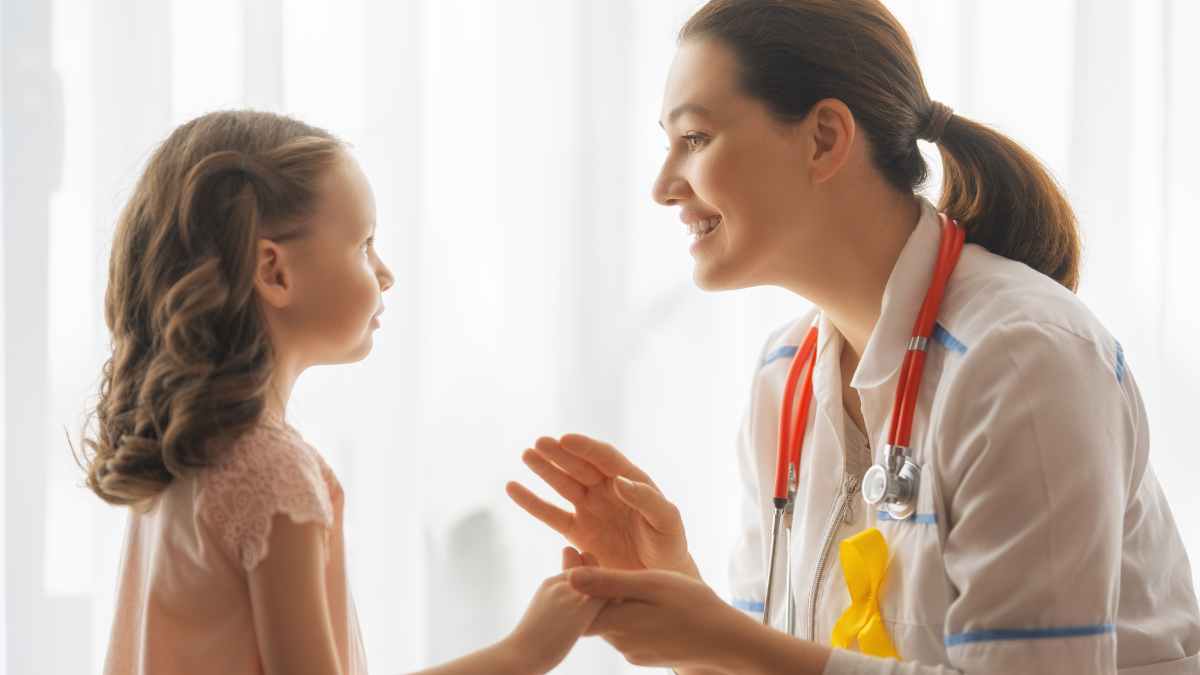Childhood cancer is a rare but significant health issue that affects thousands of children worldwide every year. According to the World Health Organization (WHO), an estimated 400,000 children are diagnosed with cancer each year, and approximately 80% of these children live in low- and middle-income countries. In this article, we’ll explore the causes, symptoms, and treatment of childhood cancer.
Types of Childhood Cancer
There are several types of childhood cancer, including:
- Leukemia
- Brain and central nervous system tumors
- Lymphoma
- Neuroblastoma
- Wilms tumor
- Rhabdomyosarcoma
- Retinoblastoma
- Bone cancer
- Soft tissue sarcoma
Causes of Childhood Cancer
The exact causes of childhood cancer are not well understood, but some risk factors have been identified, including:
- Genetic predisposition
- Exposure to ionizing radiation
- Exposure to certain chemicals and toxins
- Viral infections
- Immune system deficiencies
Symptoms of Childhood Cancer
The symptoms of childhood cancer can vary depending on the type and stage of cancer. Some common symptoms include:
- Unexplained weight loss
- Fatigue
- Fever
- Pain
- Lumps or masses
- Abdominal swelling or pain
- Changes in vision or eye appearance
- Changes in bowel or bladder habits
Treatment of Childhood Cancer
The treatment of childhood cancer depends on several factors, including the type and stage of cancer, as well as the child’s age and overall health. Some common treatments include:
- Surgery
- Chemotherapy
- Radiation therapy
- Immunotherapy
- Stem cell transplant
The goal of treatment is to eliminate cancer and prevent its recurrence while minimizing the impact on the child’s overall health and well-being.
Prevention of Childhood Cancer
Preventing childhood cancer is challenging, but some measures can reduce the risk of developing cancer, including:
- Vaccination against hepatitis B and human papillomavirus (HPV)
- Preventing exposure to ionizing radiation and noxious chemicals.
- Promoting healthy lifestyle habits, such as regular exercise, a healthy diet, and avoiding tobacco and alcohol
Conclusion
Childhood cancer is a significant health issue that affects thousands of children every year. By understanding the causes, symptoms, and treatment of childhood cancer, we can take steps to improve children’s health and well-being. Whether through early detection, timely treatment, or prevention strategies, addressing childhood cancer requires a concerted effort from all members of society.




